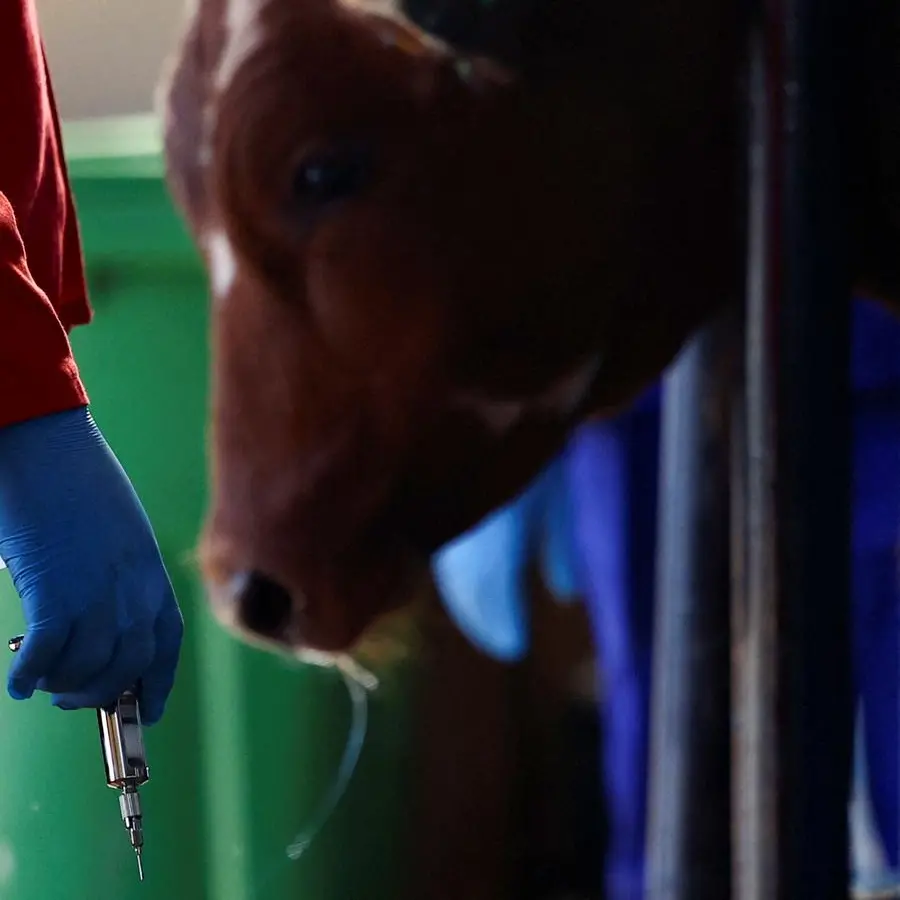PHOTO
Qatar - Qatar Research Development and Innovation Council (QRDI) in collaboration with Aspetar Sports Medicine Hospital have invited proposals for developing non-invasive device for environmental and sleep tracker monitoring within hospitals and altitude rooms.
The project aims for innovation in professional sports within Qatar with the goal to become a global leader in sports related injury assessment and treatment.
Proposals are invited from startups, SMEs, and corporates for technologies of easy to use, minimally-invasive devices with software support to monitor sleep and environmental conditions within a bedroom.
The proposals will be evaluated in November this year with the development of the technology within 2023-24 and the concept and piloting as well as implementation and adaptation in 2024.
Aspetar is the first specialised Orthopaedic and Sports Medicine Hospital in the Gulf region. It provides the highest possible medical treatment for sports-related injuries in a state-of-the-art facility, staffed by some of the world’s leading sports medicine practitioners and researchers.
For high-altitude training, treatment, recovery, Aspetar utilises state-of-the-art altitude rooms to improve the haemoglobin mass. These rooms promote recovery for injured athletes and enhances performance for endurance athletes.
Currently, each room is monitored with a variety of individual sensors for sleep quality, environmental conditions, oxygen saturation requiring multiple software or apps. However, there is currently no device commercially available that integrates all the key sensor criteria into a single device or software easily accessible for both the elite athletes and medical personnel.
Additionally, most of the currently available trackers such as chest straps, watches, headbands are restrictive to wear with low compliance amongst elite athletes causing issues with recovery planning as well as limitations in deciding upon altitude exposure progression.
Aspetar aims at non-invasive technologies that can measure the key performance characteristics such as heart rate, O2 saturation, core temperature, room temperature, humidity, sleep patterns and related acoustics using minimally invasive technologies.
Ideally, the sensors offering will also include a single integrated software for both collection and interpretation of the data by medical professionals. Further development or future innovation would focus on integration of up to 15 altitude rooms for a single operator to monitor. Part solutions with potential to develop a long-term development opportunity are also of high value and encouraged.
Aspetar seeks minimally invasive technologies that can integrate different research-grade features into a single device. These key features are: Enable tracking sleep metrics in including disruption due to sleep apnea ; heart rate or body relaxation metrics; body movements during sleep; room temperature; room humidity; patient oxygen saturation; integration into single software for collection and analysis and potential for expansion to monitor 15 rooms simultaneously from one operator.
Selected proposals will work with QRDI and Aspetar to develop a business case during phase 2.
Gulf Times Newspaper 2022 Provided by SyndiGate Media Inc. (Syndigate.info).





















